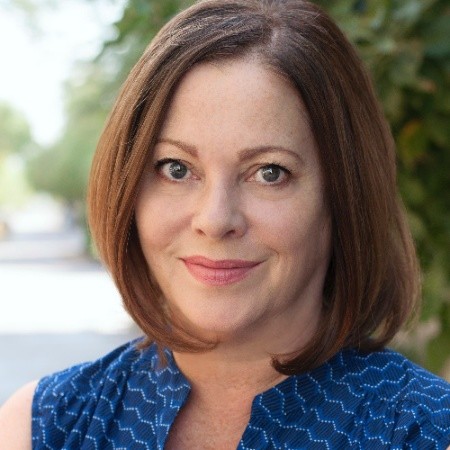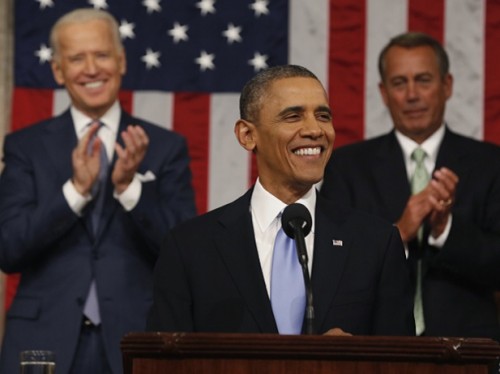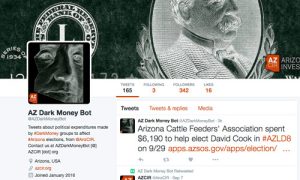The Reynolds Center held a workshop last week at the Native American Journalists Association conference in Washington, D.C., on covering the money in politics. The session was taught by Eliza Newlin-Carney, a senior writer at CQ Roll Call.
Carney explained how campaign finance law has changed, and the new ways that money flows to candidates and their advocate committees as a result. She showed attendees how to follow the money trail in political elections. Here are five of her best tips:
- Fec.gov, the website of the Federal Election Commission, is an excellent source to find out who is forming committees and organizations to advance a candidate or cause, as well as the individuals and entities from whom they and candidates accept money. Here’s where to look up candidate and campaign contribs on the FEC site. Hint: On slow news days, search the site for new committee formations–they’ll provide rich story ideas.
- Opensecrets.org, by the nonpartisan Center for Responsive Politics, is a great second go-to. It contains similar information but often adds its own analysis. It will also show you who is lobbying, and for what.
- And if you’re covering state politics, the National Institute on the Money in State Politics is an excellent resource.
- Once you’re on these databases, scrutinize tax-exempt politically active groups, which don’t have a mandate to disclose their donations. Foreign money, while illegal in federal elections, can come in through tax-exempt groups because they don’t have to disclose. In addition, straw corporations and LLCs can also be used to hide the identities of donors. Look for donations from them, and then try to trace their ownership and business connections.
- Finally, look into social welfare groups (501)(c)(4) groups, trade associations 501(c)(6) and labor unions 501(c)(5)s to see their donations and influence on a campaign. 501(c)(4) organizations can do some political activity (no more than 50 percent) as long as not their primary purpose.











